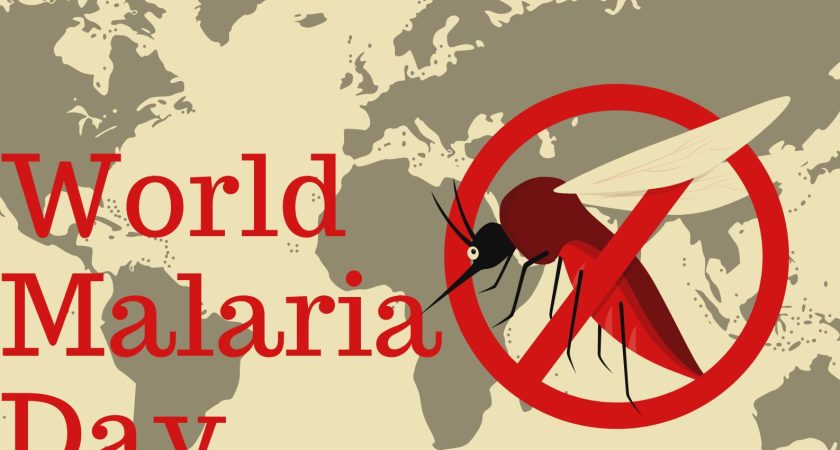When Malaria Strikes: Understanding How it’s Transmitted and How to Prevent it.
It all started with a slight fever.
It started with going to bed strong and healthy, only to wake up weak and disoriented. Suspecting malaria, you quickly turn to Google, but the results only fuel your anxiety. Head pounding and heart racing, you’re now convinced it’s malaria or something worse. Instead of heading to the hospital, you self-medicate—picking up some form the local pharmacy.
A heavy meal brings temporary relief, and you doze off thinking you’re in the clear.
But by 2 a.m., you’re wide awake—dizzy, nauseous, and clutching your stomach, which feels like it’s eating itself. You make it to the pantry for snacks… and pass out cold.
At the hospital, you’re hit with a triple dose of malaria (three plus), typhoid fever, and an overload of poorly timed junk food.
What is Malaria
Malaria is a life-threatening disease caused by parasites from the genus Plasmodium. It’s transmitted to humans through the bite of an infected female(Anopheles)mosquito. Once inside the body, the parasites travel to the liver, multiply, and then infect red blood cells, causing the symptoms we associate with malaria.
There are five species of Plasmodium known to cause malaria in humans, but Plasmodium falciparum is the most dangerous and widespread in sub-Saharan Africa.
How is Malaria Transmitted
Malaria is transmitted exclusively by the bite of infected female(Anopheles) mosquitoes. The mosquitoes become carriers after feeding on a person already infected with the malaria parasite.
According to Mayo Clinic, other forms of transmission consists
- Blood transfusion from an infected donor.
- Shared needles or syringes.
- From mother to baby during childbirth (congenital malaria).
- Organ transplants can lead to malaria transmission because the(Plasmodium) parasites are capable of travelling to the liver and lay dormant for a year before causing symptoms.
How to Prevent Malaria
- Sleep under insecticide-treated mosquito nets (ITNs)
- Use mosquito repellents (DEET, picaridin) on exposed skin
- Ensure window screens and doors are closed or treated
- Drain standing water around your home (a breeding ground for mosquitoes)
- Clear bushes and stagnant gutters
Preventive Medication (Chemoprophylaxis)
If you’re traveling to a malaria-prone area, take preventive antimalarial medication as advised by your doctor.
Early Diagnosis and Treatment
Don’t self-medicate. Always seek prompt medical attention and get tested. Malaria mimics other illnesses (like typhoid, flu, or even COVID-19), and only a proper diagnosis can save your life.
Written by
David Mathias Atiribom and Chisom

